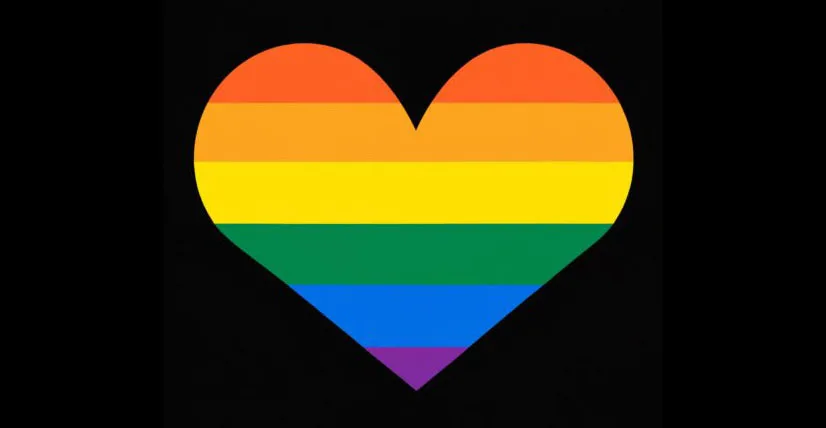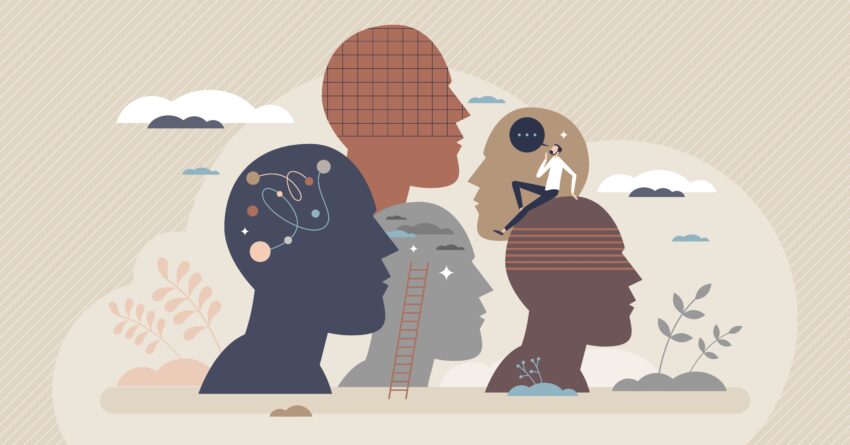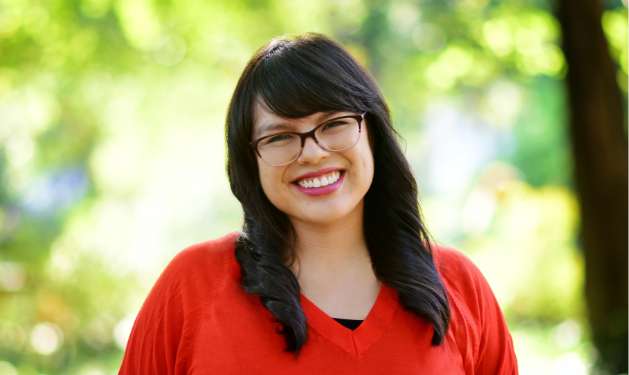Change Is Painful & Healing
September 22, 2020

On Friday, September, 18, 2020, again I was reminded of how sudden, drastic change can knock the wind out of your gut. On this night, I learned, along with millions of other Americans, that Justice Ruth Bader Ginsburg had passed away from metastatic cancer of the pancreas. I was reminded that change hurts. Change involves a shock. Change involves sadness. Change involves anger. Change involves hope and motivation.
Beginning the Journey of Change
Usually when individuals are first beginning their journeys into therapy, they are searching and longing for change. Some common reasons for beginning therapy I hear are:
- “I want to learn how to express my boundaries.”
- “My partner and I want to learn kinder ways to communicate.”
- “I no longer want my anxiety to debilitate my work life.”
Sometimes we also seek therapy to learn how to cope with change. This might sound like:
- “I’ve just lost my grandparent to COVID-19, I need help coping with this grief.”
- “I had to move back home during the pandemic, and I’m starting the new semester online and I’m stressed out.”
- “I’ve been actively participating in the Black Lives Matter movement, and I want to continue to heal my racial and intergenerational trauma.”
The Pain in Change
Apparent in all of these examples is that change is full of pain. We long and seek change to help soothe our pain. Sometimes we’ve been hurt by others, sometimes we’ve been hurt by our government systems, and sometimes we hurt from unexpected loss. This pain is normal. This pain is biological and physiological. This pain is our signal that we want more, we want better, and we want for our experience to be different.
The Fear in Change
So, if we are all so motivated by this pain to seek new ways of living, why is change so difficult to grasp for all of us once it’s in our reach?
The answer is another human, biological, physiological response: fear. Change. Is. Scary! Even when we’ve experienced an immense amount of pain, when we get close to the change that we so long for, we can sometimes pause before embracing it.
As humans, we love familiar experiences and people. This is why it hurts when we lose someone we love, when we have to work from home and not see our family and friends, and when we witness violent, consistent, oppression. These experiences take away our familiar comfortable experiences of love, safety, security, and connection. The change that caused pain is scary, and the change that can help to heal is scary, because we will be moving into unfamiliar territory. We enter life without a person who we could count on, we enter unemployment, we enter virtual dating or friend get togethers, we engage in more political activism than we ever might have before. We may be venturing into these spaces for the very first time.
Therapy helps us become acquainted with this fear so that we learn to welcome it as familiar, even if it continues to feel uncomfortable. Fear is our signal saying, “we’re moving away from our familiar safety zone!”
In therapy, we learn to speak to our fear compassionately, “Hi fear, I hear you’re trying to signal me, I appreciate it.” We acknowledge the pain and fear in the transition, “I know this hurts, and is difficult and scary because we don’t know the outcome.” Then, we soothe our fear by honoring our want and need for change, “And I really want to save this marriage/feel less stressed/cope with my grief/have energy to keep fighting for justice.”
Alexandria Ocasio-Cortez held an Instagram live video the evening of the death of Justice Ginsburg. Among the eloquent, powerful, and necessary statements she made, was this message of hope: “I’m scared all the time…But what you do with that fear, is you look at that fear and you turn it into fuel.”
The Hope in Change
Is change difficult and painful? Yes.
Is change scary and full of uncertainty? Yes.
Can change provide us with a sense of hope and motivation in these difficult and uncertain times? Yes!
Once we soothe our fear enough to embrace the change we seek in our lives, we can take a deep, relieving breath of hope and motivation for what’s to come. When we develop and practice new communication skills, we begin to feel a change in our deeper relationship bond. When we decide on a new work from home routine, or decide to dedicate our time at home to a cause we’re passionate about, we feel more empowered, more capable, and more hopeful.
This hope, like the fear and the pain, come and go as we continue to embrace the ever coming changes in our lives. Yes, there will continue to be times of uncertainty, of anxiety, of hurt, and of hope. The one constant about change is that it is never the same. Still, with tiny, intentional actions, alone, in our relationships, with our greater communities, and in therapy, we can continue to nurture the fire of change in our hearts. As Justice Ginsburg so wisely stated, “Real change, enduring change, happens one step at a time.”
Therapy can be your first important step on this journey.
If you would like support in your journey of change, we welcome you to contact us at Steady NYC.



